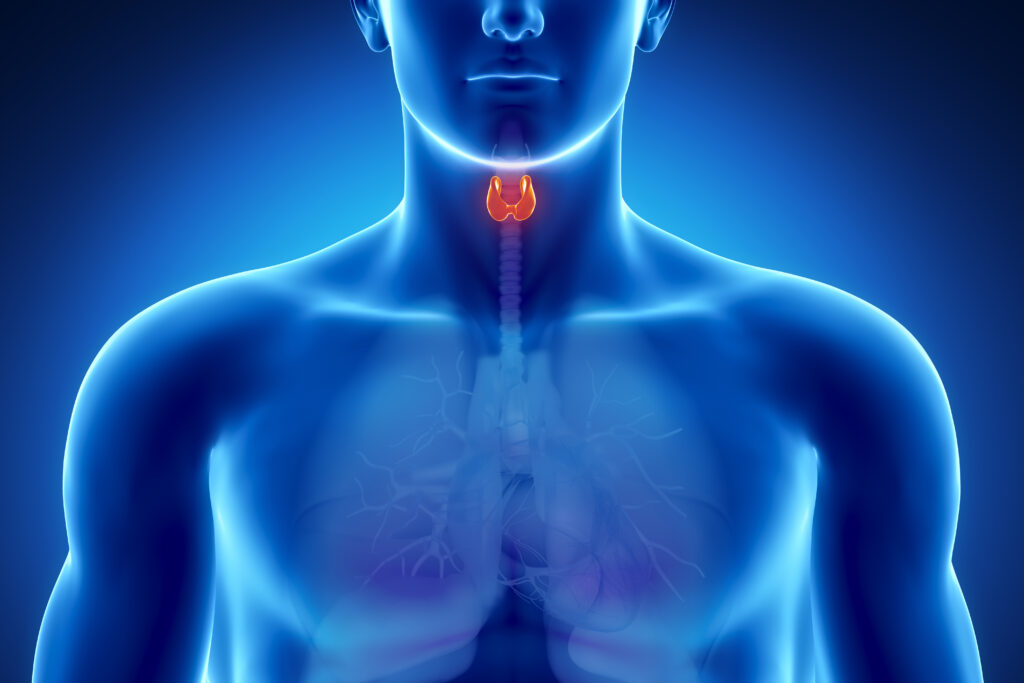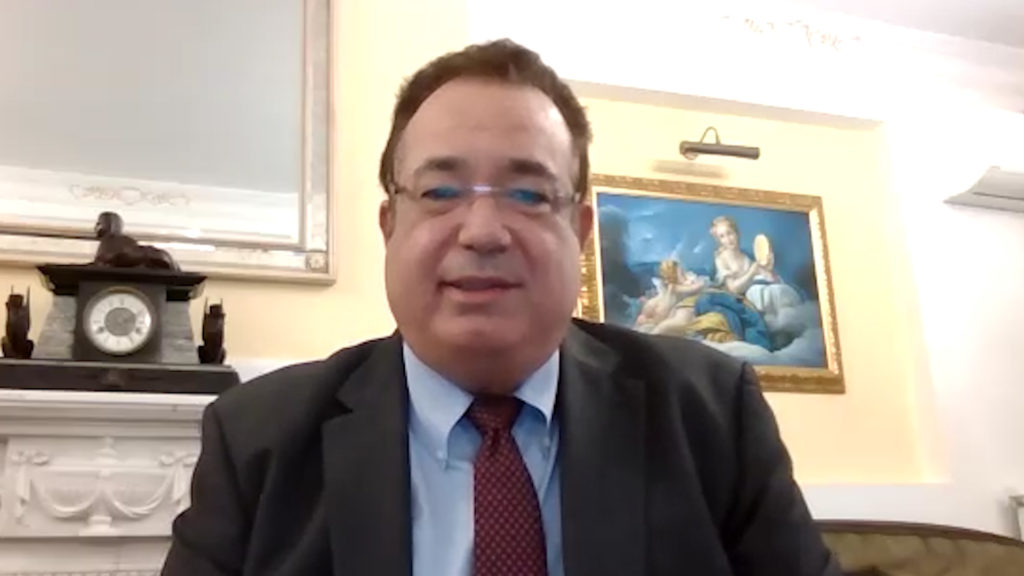COVID-19
An Introduction to COVID-19
On 11 March 2020, the World Health Organization declared COVID-19 a pandemic. The impact on the medical community has been huge, not only on the front-line but also for patients navigating treatment for endocrine conditions during this unprecedented situation.
The touchENDOCRINOLOGY expert faculty have been sharing their experiences and advice during this challenging time through video interviews and short articles.

Physician burnout is at a critical point. In this episode, Nicky speaks with Dr Alfred Atanda about why so many physicians are burning out and what can be done to change the trend. From personal experience to system-wide solutions, Dr Atanda shares valuable insights on improving physician well-being and building a more effective healthcare culture.

On 31 December 2019, the World Health Organization (WHO) was notified of several cases of pneumonia of unknown aetiology in Wuhan, China. After a relatively short period, officials confirmed the first case of coronavirus disease 2019 (COVID-19) reported outside of China, in Thailand, ...

Diabetes is one of the most common co-morbidities associated with hospitalizations for SARS-CoV-2 infection, with recent estimates of diabetes prevalence ranging from 33.8%1 to 58.0%2 among hospitalized patients with COVID-19 in the USA. Hyperglycemia during the first hours after cardiac arrest is ...

We read, with great interest, the editorial entitled “Can Serum Cortisol be Used to Monitor Patients with COVID-19?”.1 The authors have discussed a novel concept regarding COVID-19; however, consideration for the practical implications of this approach seemed limited. Cortisol is ...

Management of patients with severe COVID-19 remains a challenge for physicians. In severe cases of COVID-19, a hyperactive innate immune response characterized by high serum levels of proinflammatory markers, known as a ‘cytokine storm’, is characteristically present. The cytokine storm ...

Hydroxychloroquine has been in clinical use for decades, being extensively used by rheumatologists across the globe for different autoimmune disorders (rheumatoid arthritis, lupus and Sjögren‘s syndrome, among others), across all age groups and including during pregnancy. Novel coronavirus ...

The role of testosterone is well established in health and disease.1 Testosterone is known to mediate physical, mental and reproductive health. Its role has been discussed in gender-specific variations related to conditions as diverse as cardiovascular, autoimmune, psychiatric and oncological ...

The coronavirus disease 2019 (COVID-19) pandemic is an occurring global public health crisis due to the spread of the severe acute respiratory syndrome coronavirus 2 (SARS-CoV-2).1 In December of 2019, a low respiratory tract infection of unknown cause emerged in Wuhan, Hubei Province, ...

The coronavirus disease 2019 (COVID-19) pandemic has spread rapidly to become a global health threat. The disease is caused by severe acute respiratory syndrome coronavirus-2 (SARS-CoV-2), a novel β-coronavirus that belongs to a family of enveloped RNA viruses, the coronaviruses.1 While ...

“It is difficult to evaluate what did not happen.” – Academician, LV Gromashevsky The COVID-19 pandemic may be considered the first global health catastrophe in the past 100 years, since it has affected not only economic, political and medical paradigms, but also ...

I work in a semi-rural practice in South-West Scotland, in one of three practices based in a purpose-built medical centre. As with most NHS general practices we are furnished with relatively outdated computer hardware and old software. Our practice, however, ...

Dr Sudhir Bansal is an internist with a solo practice specializing in endocrinology. Like others in this field, he has been dealing with the professional and personal changes precipitated by the coronavirus pandemic. What follows are his observations in response ...

COVID-19 has become one of the greatest challenges in medical history, and the rapid development and approval of effective and safe treatments is essential to minimise the loss of lives during the pandemic. Given the urgency of finding effective strategies, ...

Alan J Sinclair1,2 and Angus Forbes2 1. Foundation for Diabetes Research in Older People, Diabetes Frail Ltd, Droitwich Spa, UK 2. Kings College London, Diabetes Clinical Research, London, UK Diabetes is a highly comorbid and complex illness in ageing societies with ...
Latest articles videos and clinical updates - straight to your inbox
Log into your Touch Account
Earn and track your CME credits on the go, save articles for later, and follow the latest congress coverage.
Register now for FREE Access
Register for free to hear about the latest expert-led education, peer-reviewed articles, conference highlights, and innovative CME activities.
Sign up with an Email
Or use a Social Account.
This Functionality is for
Members Only
Explore the latest in medical education and stay current in your field. Create a free account to track your learning.





